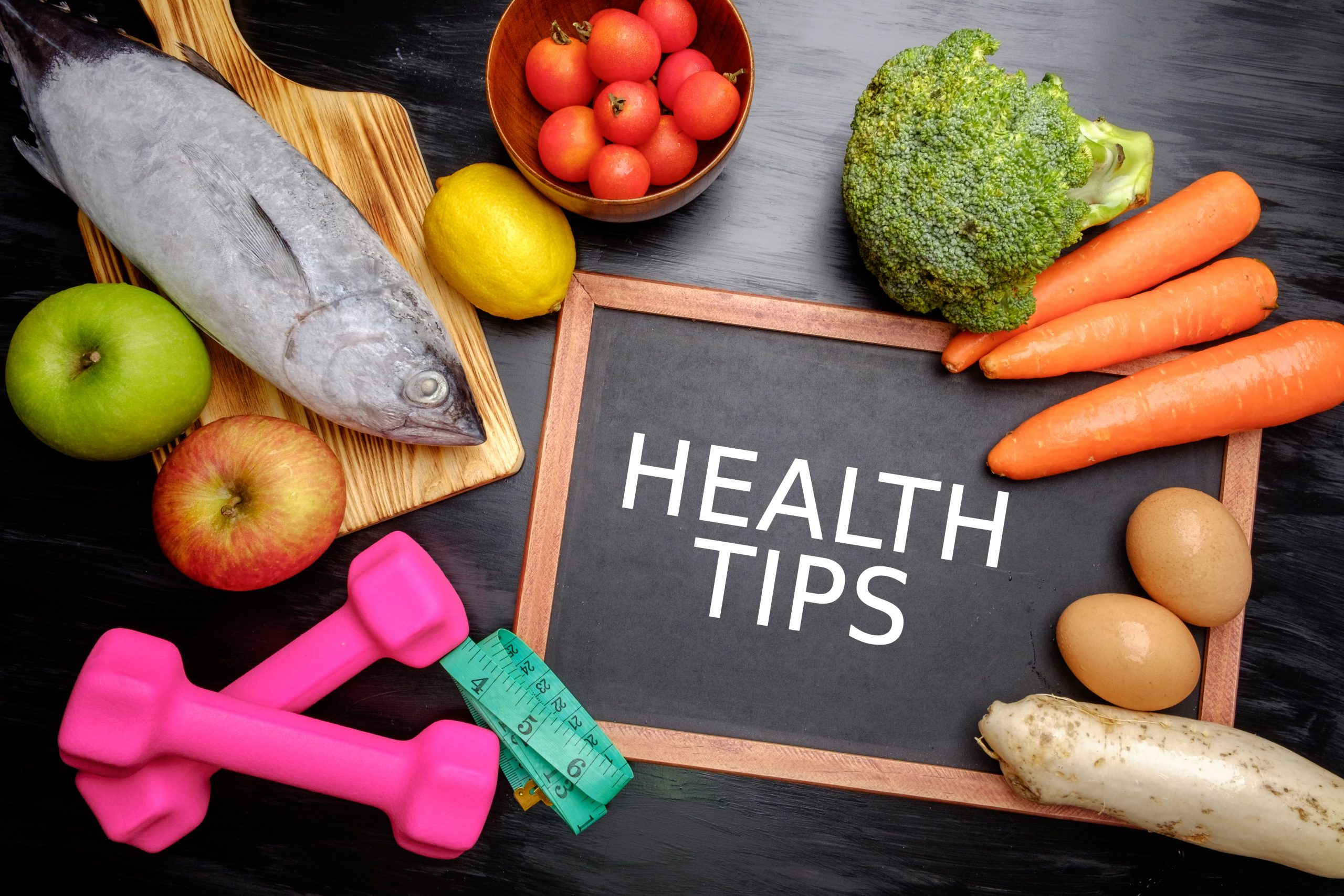A clean and well-balanced diet is good for a healthy living. Diet plays the biggest role in maintain bodily functions like immunity. Adding certain foods in your diet and how you eat them can greatly impact your health.
Some diets like that rich in fruits and vegetables has been proven by science to be beneficial to your health. For example, it can reduce your risk of chronic diseases and improve your immunity. However, when it calls for major changes in your diet, taking the first step may seem challenging. To make such major changes, it would help to break them into smaller accomplishable tasks. And it is more sustainable to pick one at a time than to face them all at once. This article explains healthy eating tips you can use to make your diet healthier.
1. Slow Down
Your eating pace greatly influences the amount of food you can consume at a time, and the likelihood of gaining weight. In fact, studies suggest that those who eat fast are more likely to eat more and gain weight resulting toa higher body mass index (BMI) than those who eat slowly. Hormones control not only your appetite, but also the amount of food you eat and your feelings of fullness. In other words, hormones tell your brain that you are full or hungry. However, these impulses take about 20 minutes to reach your brain. Therefore, it would be better to eat slowly, to allow enough time for these messages to reach your brain. This will definitely result to consumption of fewer calories and help you lose weight. Eating slowly also enables you to chew food properly, which according to studies may lead weigh to loss.
2. Emphasize on Whole Grains Instead of Refined
Swapping white bread with whole-grain bread is another smaller step to making your diet healthier. Studies have linked consumption of refined grains to a number of health issues. Fortunately, whole grains can benefit your health, including reducing your risk of type 2 diabetes, cancer, and heart disease. They are also an excellent source of fiber, B vitamins, and minerals like manganese, selenium, iron, zinc, and magnesium. There is a long list of whole bread varieties you can choose from, with greater taste than refined bread.
3. Add Greek Yogurt To Your Regular Diet
Greek yogurt has a thicker consistency than regular yogurt. The process of making Greek yogurt involves straining it to remove excess whey – the watery part of milk. As a result, the final product contains more fat and protein than regular yogurt. In fact, it contains 10 grams of protein per 100 gram serving, which is twice the protein content of regular yogurt. Eating foods rich in protein can increase your feelings of fullness, resulting in reduced appetite and help you eat less food. What’s more, the straining of Greek yogurt removes most carbs and lactose than that contained in regular yogurt. For this reason, people on low carb diet or are intolerant to lactose can find it suitable.
4. Always Shop With a List
As a rule of the thumb when going to shop at the grocery, always make a shopping list earlier and never go to the grocery hungry. This will help you avoid impulse buying and filling your cart with low nutrient foods. That’s why it is best to plan ahead and know exactly what you need, putting them down on a list.
5. Incorporate Eggs, Especially For Breakfast
Eggs are a nutrient-dense food, especially if included as part of your breakfast. They contain several beneficial nutrients that people don’t get enough, choline, as well as high-quality protein. If losing weight is your goal, then including eggs in your breakfast can be of great help. They increase your feelings of fullness which makes you consume fewer calories later in the day.
6. Eat More Protein
Protein is the most filling out of all nutrients – both macronutrients and micronutrients. This is true as it possesses the ability to effect both hunger and satiety hormones. In fact, some people refer to it as “king of nutrients.” Evidence indicate that eating more protein in meals can reduce levels of hunger hormone ghrelin than meals high in carbs. Furthermore, protein has been shown to help you preserve muscle mass while losing weight, and increase the number of calories burnt per day. It is also linked to the prevention of muscle loss that occurs alongside weight loss as one age. Try incorporating protein at each meal, if weight loss is your goal. It will help prolong your feelings of fullness, curb cravings, and make you eat less. Excellent sources of protein include lean meat, peanut butter, dairy products, eggs, beans, and nuts.
7. Drink Enough Water
Continuous hydration is good for your health. Several studies have consistently shown that drinking enough water can help you lose weight and promote maintenance, as well as increasing the number of calories burnt per day. Studies also suggest that drinking water prior to eating may decrease your appetite and the amount of food eaten at the following meal. That being said, it is important to replace other beverages with water. This will significantly reduce your consumption of calories and sugar.
8. Avoid Drinking Your Fruits, Instead Eat Them
Fruits are a good source of fiber, antioxidants, vitamins, and water. Numerous studies have shown that eating fruits can reduce your risk of several diseases, such as type 2 diabetes, heart disease, and cancer. The fiber content and an array of plant compounds in fruits, slows down the digestion of their natural sugars resulting in a slow release of sugar into the bloodstream and low blood sugar levels. Conversely, fruit juices tell another story. As a matter of fact, many fruit juices are made from concentrates and sugar, and not real fruits. Other fruit varieties, may even contain more sugar similar to that in sugary soft drinks. What’s more, even juices made from real fruits lack fiber that is present in whole fruits. As a result, you are likely to drink too much at a go, which will increase your blood sugar levels.
Conclusion
Making marked changes to your diet may seem difficult. Starting with smaller and manageable changes may make it simpler. Eating more protein, drinking enough water, and shopping with a list are a few sustainable steps to healthy eating.
- Our Big Kitchen’ (OBK) is a non-profit organization located in Sydney, Australia - April 10, 2023
- Duos CBD, a hemp product E-commerce website - April 10, 2023
- SOFA SPOONING SEX POSITION - April 7, 2023









